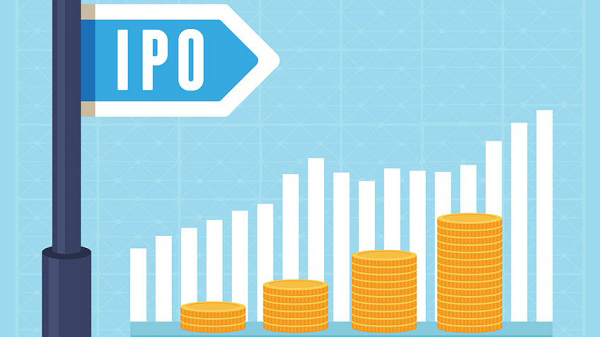As a rule of thumb, stock market performance and the macroeconomic environment are intertwined. As Hong Kong’s economy has slipped into a recession, investors should be more vigilant to investment risks and pay closer attention to the changes in enterprises’ fundamentals.
According to the Government’s advance estimates on economic growth for the third-quarter, the real Gross Domestic Product (GDP) recorded a quarter-on-quarter fall of 3.2% during the period. Negative real GDP growth has been recorded for two consecutive quarters, meaning Hong Kong has fallen into a technical recession.
Be careful in bargain hunting
The better the economy, the better the stock market performance. On the flip side, it is unrealistic to be bullish on stocks during economic downturns. The stock market is a leading economic indicator reflecting the underlying economic performance 3-6 months beforehand. Hong Kong’s economic growth has slowed down since the end of 2018. However, the Hang Seng Index (HSI) rose from 25,000 early this year to 30,000 in April, in anticipation of progress in the US-Mainland trade talks. As talks have stalled, the index lost its momentum and has weakened since then. At the end of November, the HSI stood at the 26,000 level. Meanwhile the US stock continued to break new records throughout the year. At the end of November, the Dow Jones hit a record high of 28,100 while the S&P 500 index climbed to 3,100.
Investment sentiment is generally bearish during a recession. Some may exit the market, while others may view it as the time to bargain hunt for undervalued stocks. Hong Kong has just entered recession but some investors are already eagerly seeking undervalued stocks, wondering when the end of the recession will be, when the stock market will bottom out, and when will be the best time to enter the market.
A business cycle consists of recovery, expansion, peak and recession that repeat themselves over time. Past experience tells us that a recession lasts for about 11 months on average, and the stock market will bottom out before the economy picks up. However, history does not repeat itself and what happened in overseas markets does not necessarily apply to Hong Kong. The cause of every recession is different, and it is hard to predict its duration and impact on the investment market; any attempt to do so in hope of bargain hunting may result in losses.
5 Takeaways to investment and money management during recession
- Asset allocation: Stick to the golden rule of investment – diversification. Review your investment portfolio and adjust allocation of individual assets to avoid concentration on a single one. Investors may consider holding more cash too. In terms of selecting stocks, utility and consumer staple stocks, and companies paying steady and sustainable dividends are more resilient against downturns. On the other hand, small cap stocks and cyclical stocks such as luxury stocks are typically under greater stress during recession.
- Phasing in: With every market condition comes different investing opportunities. A falling stock market can present opportunities to buy undervalued stocks. However, to avoid betting on the wrong horse, investors should phase in their investments and may consider the dollar cost averaging approach.
- Looking at the fundamentals: Stock picking in a bull market is rather simple as everything is going up; but this is not the case for a bear market. In time of a bear market, investors should look at the companies’ fundamentals – those with less debts and stable cash flows are more resilient against economic downturns.
- Cash is king: conventional wisdom has it that it is better to hold cash than shares during a recession. Having cash at your disposal can help you weather adverse conditions such as job loss and pay cut, and gives you the freedom to take advantage in future economic and stock market recovery.
- Reducing debt: During economic downturn, it pays to be risk averse when it comes to investments and personal financial management. Reducing debt is particularly crucial as well.
The US-Mainland trade conflict and the recent local social incidents are considered to be the main causes of Hong Kong’s recession. Looking ahead into 2020, these two factors will continue to affect the city’s economic performance. In the US, the stock market remains strong, reaching historical highs despite recession signals recurring in recent years. Leading indicators such as S&P 500 index, yield curve, U.S. number of manufacturing jobs and durable goods orders may offer insights into the U.S. and global economic trends.
6 December 2019





